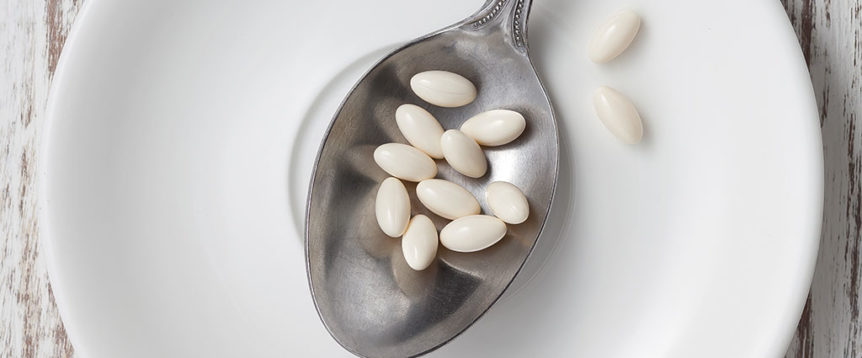› Health benefits
Scientists are working to study how biotin affects the health of skin, hair and nails. In a few smaller studies, it was shown that those with thin and brittle nails strengthened them after taking higher dosages of biotin. Doctors have also reported that, in a few cases, high doses of biotin have improved a rare hair disorder in children and skin rash in infants. More research is needed for definitive answers.
› How much do I need?
The amount of biotin needed depends on age. Adults age 19-30 need about 30 micrograms daily. Pregnant women also need 30 micrograms daily; breastfeeding women, 35 micrograms. A biotin deficiency is rare, as most people get enough biotin in food. People with alcohol dependence, women who are breastfeeding or pregnant, and those with a rare disorder called biotinidase deficiency may have trouble getting enough biotin in their food and need to take a supplement. A biotin deficiency can cause hair thinning or loss; a rash around the eyes, nose, mouth and anal area; pink eye; high levels of acid in the blood and urine; seizures; skin infections; brittle nails; and nervous system disorders.
› In food
Biotin can be found in many foods, including meats; fish; eggs; organ meats; seeds; nuts; and vegetables such as broccoli, sweet potatoes and spinach.
› Dietary supplements
Biotin is found in many multivitamin and B-complex supplements, and by itself in a supplement.
Source: National Institutes of Health, Office of Dietary Supplements
Please consult your health care provider before making changes to your vitamin/supplement regimen.


